Education has long been a powerful tool in the fight for equality, and Black women have been at the forefront of this battle for centuries. From establishing schools to advocating for policy changes, these women have played a pivotal role in shaping education for future generations.
Historical Black Women Educators
Here are some historical Black women educators in history whose legacies continue to inspire today’s scholars, activists, and changemakers.
Mary McLeod Bethune (1875-1955)
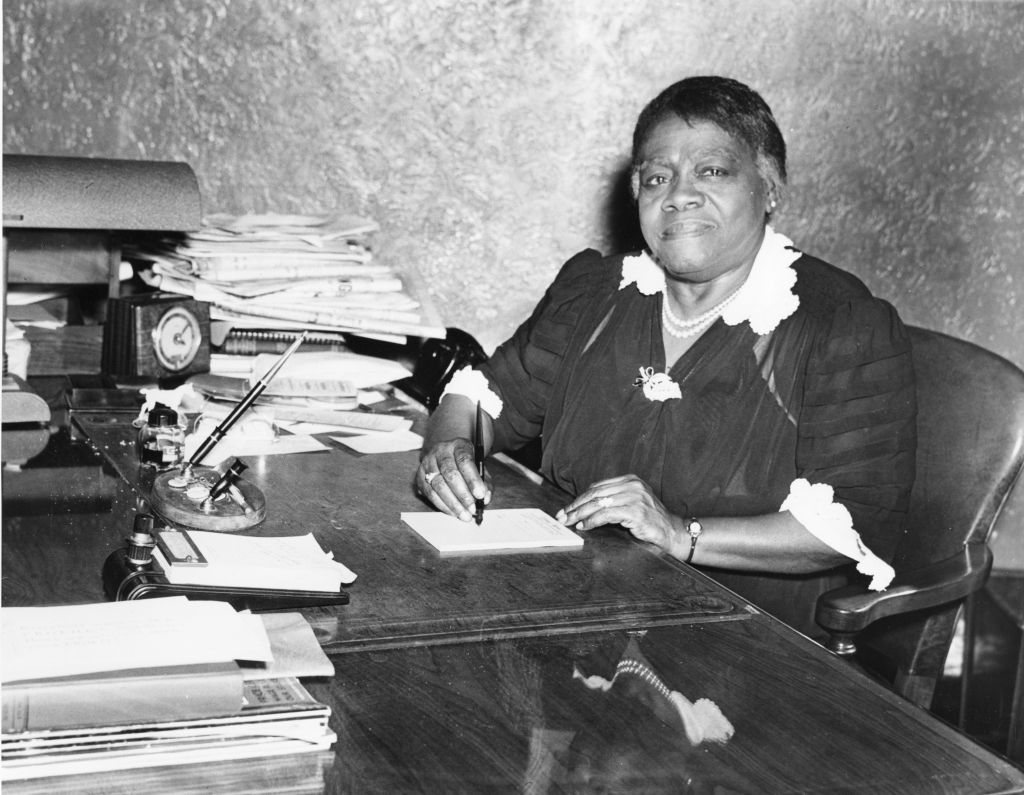
Mary McLeod Bethune was a trailblazing educator, civil rights leader, and the founder of Bethune-Cookman University. Born to parents who were formerly enslaved, she developed a passion for education early on, believing it was the key to racial advancement. In 1904, she established the Daytona Educational and Industrial School for Negro Girls, which later became Bethune-Cookman College, and eventually Bethune-Cookman University. Beyond her work in education, Bethune was an advisor to President Franklin D. Roosevelt and founded the National Council of Negro Women. Her impact on education and civil rights remains profound.
Charlotte Forten Grimké (1837-1914)
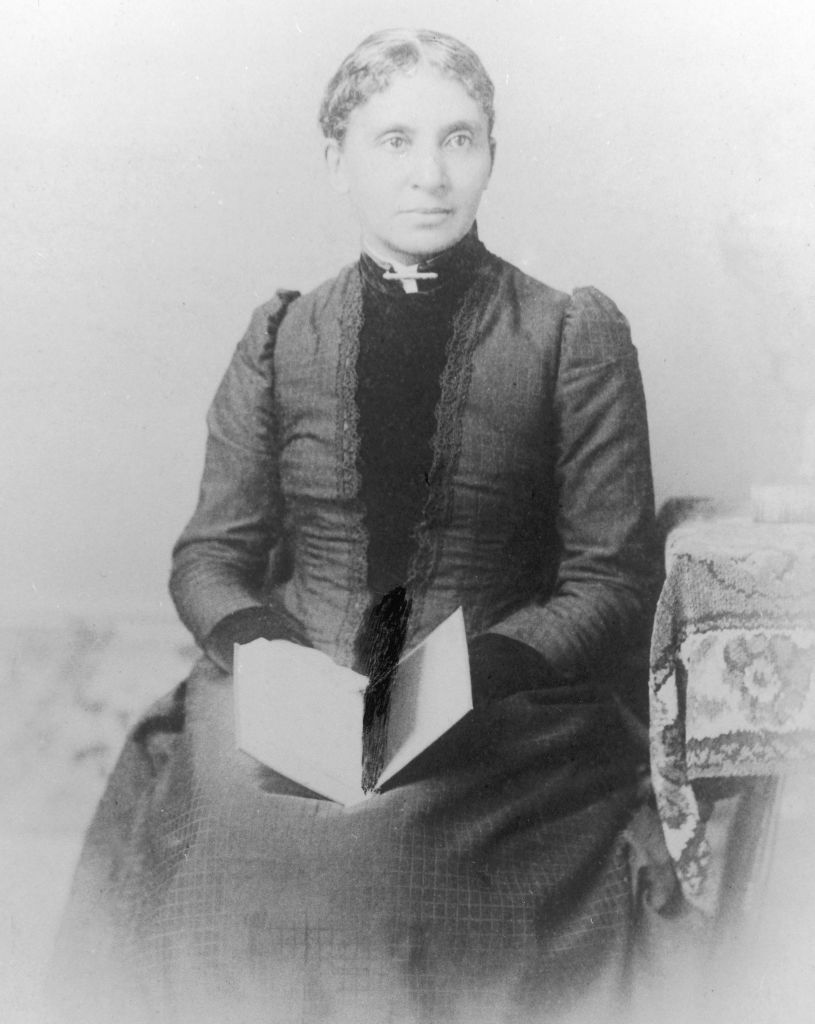
Charlotte Forten Grimké was one of the first Black women to teach formerly enslaved people in the South during the Civil War. Born into a wealthy, abolitionist family in Philadelphia, she received an elite education and used her knowledge to fight for racial and gender equality. She joined the Port Royal Experiment in South Carolina, where she educated freed Black men, women, and children. Grimké’s writings provide valuable insight into the challenges and triumphs of Black educators in the 19th century.
Anna Julia Cooper (1858-1964)
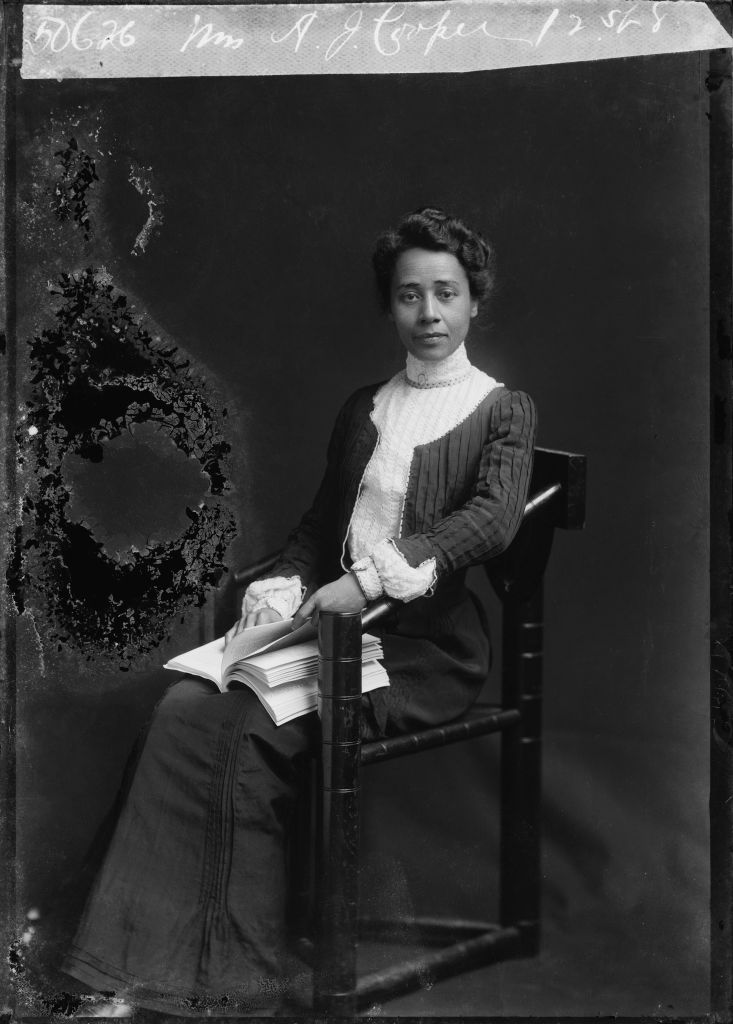
A powerful voice in education and activism, Anna Julia Cooper believed that educating Black women was essential for the advancement of the entire race. She was one of the first Black women to earn a Ph.D., receiving her doctorate from the University of Paris-Sorbonne in 1924. Cooper’s influential book, “A Voice from the South,” argued for the empowerment of Black women through education. As an educator, she spent much of her career at the M Street High School (now Dunbar High School) in Washington, D.C., where she trained generations of Black leaders.
Nannie Helen Burroughs (1879-1961)
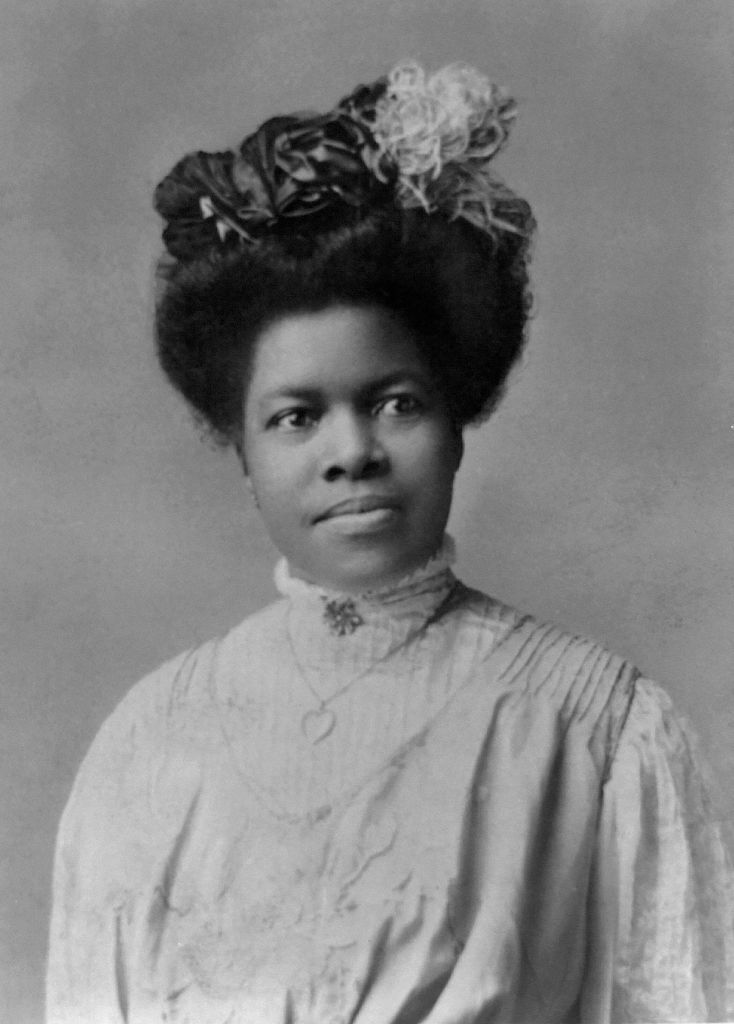
Nannie Helen Burroughs was a fierce advocate for Black women’s education and empowerment. She founded the National Training School for Women and Girls in Washington, D.C., in 1909, providing Black women with vocational and academic training. Burroughs believed that education was the key to economic independence and upliftment for Black women. She was also an activist, working with the National Baptist Convention and other organizations to promote civil rights and racial justice.
Septima Poinsette Clark (1898-1987)
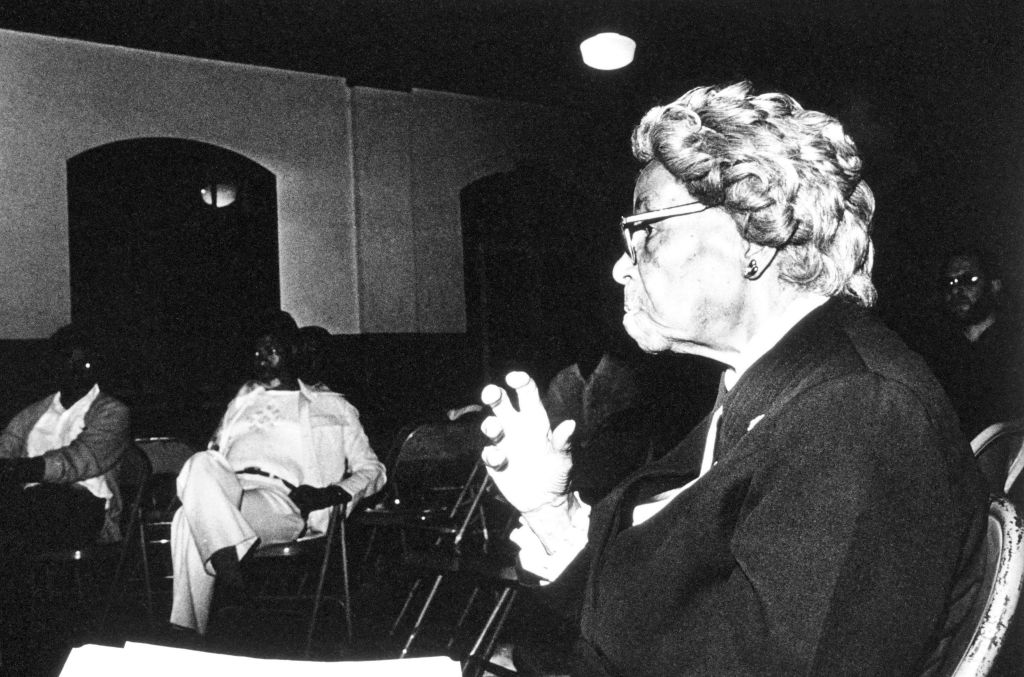
Known as the “Mother of the Civil Rights Movement,” Septima Clark was a lifelong educator and activist. She developed literacy and citizenship workshops that empowered Black communities to fight for their rights, particularly in the South. Clark worked with the Highlander Folk School, where she trained leaders like Rosa Parks and other key figures in the civil rights movement. Her advocacy for teacher pay equality and education reform left a lasting impact on Black education.
Marva Collins (1936-2015)
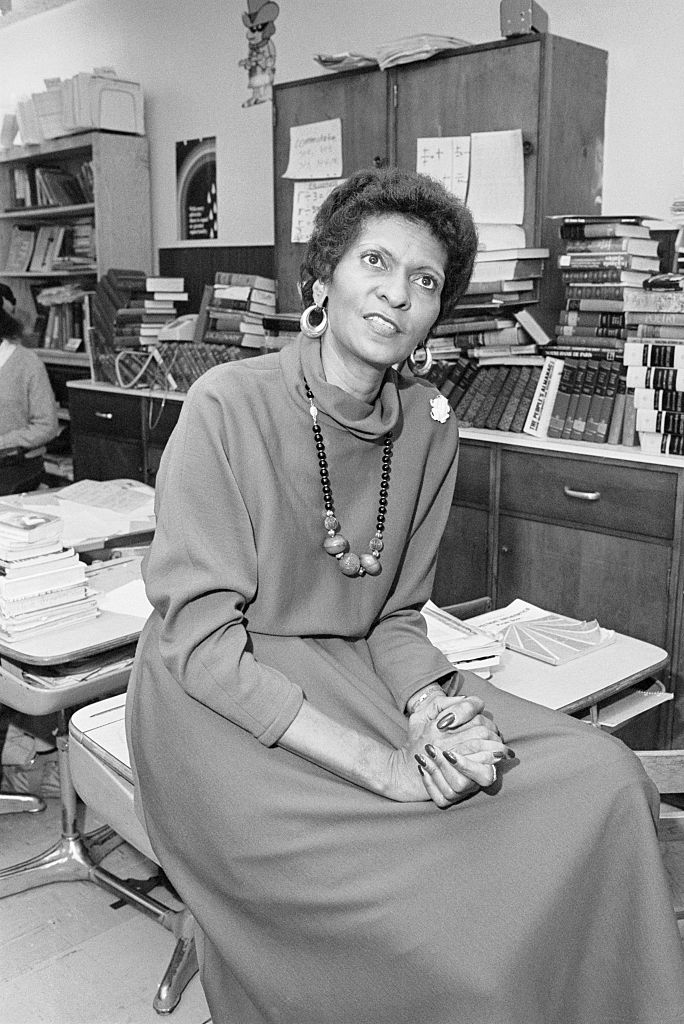
Marva Collins was an innovative educator who founded the Westside Preparatory School in Chicago in 1975. Frustrated with the public school system’s failure to educate Black children adequately, she took matters into her own hands. Using classical literature and a rigorous curriculum, she helped students who had been labeled as “unteachable” excel academically. Collins’ methods gained national attention, and she became a sought-after speaker and consultant in education reform.
Fanny Jackson Coppin (1837-1913)
Fanny Jackson Coppin was a pioneer in higher education. She became the first Black woman to head an institution of higher learning. Born into slavery, she gained her freedom and pursued an education, graduating from Oberlin College. She later became the principal of the Institute for Colored Youth in Philadelphia, which is now Cheyney University. Coppin dedicated her life to education, championing vocational training and teacher development for Black students.
Lucy Craft Laney (1854-1933)
Lucy Craft Laney was a dedicated educator who founded the Haines Normal and Industrial Institute in Augusta, Georgia, in 1883. The school provided Black children, particularly girls, with quality education and training in both academic and practical skills. Laney was a strong advocate for Black teachers and fought tirelessly for better educational opportunities for Black youth. She was also a founding member of the National Association of Colored Women.
The Legacy Lives On
The contributions of these Black women educators cannot be overstated. They defied systemic barriers, challenged the status quo, and transformed the landscape of education for Black students. Their work laid the foundation for future generations of educators, policymakers, and activists dedicated to ensuring that education remains an avenue for empowerment and liberation.